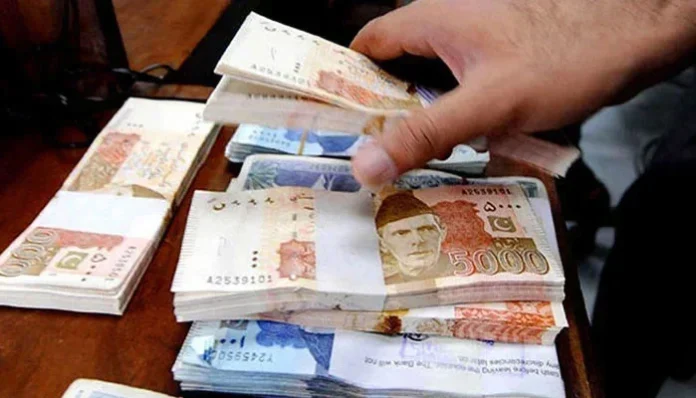Bank lending to the government has exceeded Rs44 trillion, with government borrowing surging by Rs8.5 trillion in FY24, according to the latest data from the State Bank of Pakistan (SBP).
In contrast, lending to the private sector remains minimal, accounting for only 21% of total advances. Private sector lending rose modestly from Rs46 billion in FY23 to Rs513 billion in FY24, reaching Rs742 billion so far in FY25.
As of May, the government’s holdings of market securities stood at Rs44.889 trillion, with scheduled banks holding 78.9% (Rs35.44 trillion) and non-bank entities holding 21.1%. A significant portion of corporate liquidity is now parked in government securities, with corporate holdings reaching Rs9.5 trillion.
This shift reflects a reluctance to invest in the real economy, which is evident in the stagnation of private sector credit and the country’s low GDP growth rate of 1.7% over the past three years.
The government has acknowledged challenges in the agricultural sector, particularly the drop in wheat prices, which has negatively affected rural incomes.
SBP data reveals that scheduled banks’ largest exposure is in Pakistan Investment Bonds (PIBs), totaling Rs24.7 trillion, with the corporate sector holding Rs5.05 trillion in PIBs.
Other government securities, such as Ijara Sukuk and Market Treasury Bills (MTBs), have attracted significant investment, primarily from banks.
The central government’s total domestic debt has reached Rs53.468 trillion, while external debt stands at Rs22.585 trillion, bringing the total government debt to Rs76.045 trillion, an increase of Rs7.131 trillion from June 2024.




